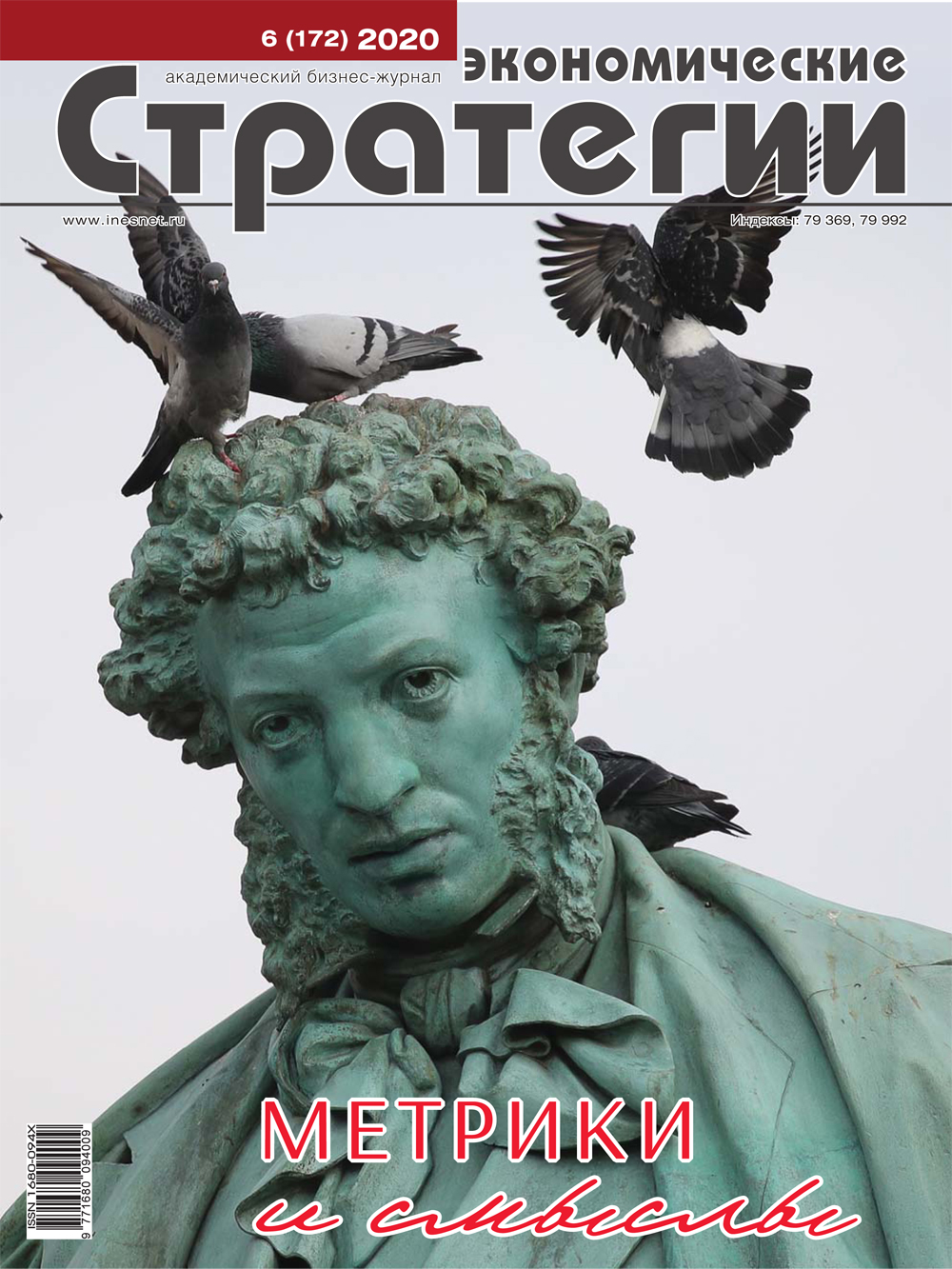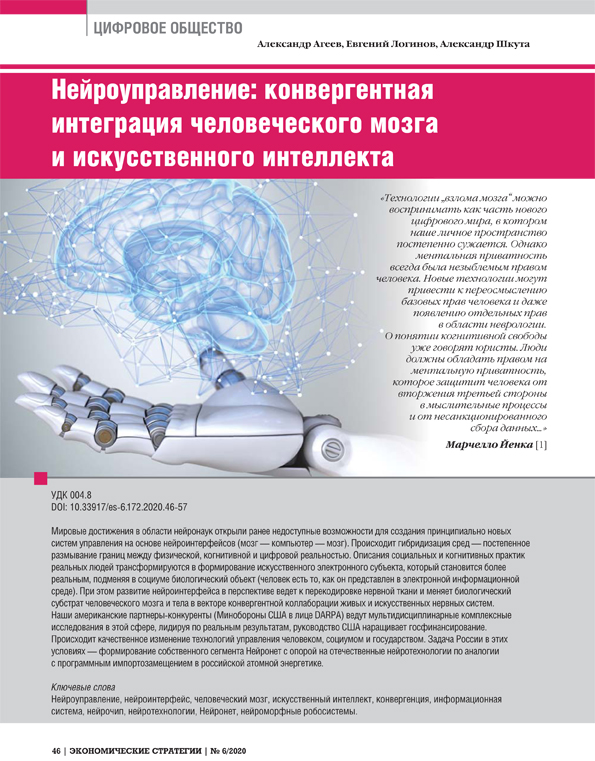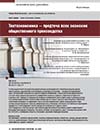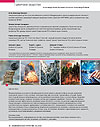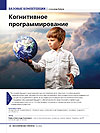Neuromanagement: Convergent Integration of the Human Brain and Artificial Intelligence
DOI: 10.33917/es-6.172.2020.46-57
World achievements in the field of neuroscience have provided previously inaccessible opportunities for creating fundamentally new control systems based on neurointerfaces (brain — computer — brain). Hybridization of environments — gradual blurring of the boundaries between physical, cognitive and digital realities — is taking place. Descriptions of social and cognitive practices of real people are transformed into forming an artificial electronic subject, which becomes more real, replacing a biological object in society (a person is how he is represented in the electronic information environment). At the same time, development of the neurointerface perspectively leads to conversion of nervous tissue and changes biological substrate of the human brain and body in the vector of convergent collaboration of living and artificial nervous systems. Our American competing partners (the US Department of Defence represented by DARPA) carry out multidisciplinary comprehensive research in this area, leading in real results, the US leadership is increasing government funding. A qualitative change in technologies for managing people, society and the state is taking place. Russia’s objective in these conditions is to form its own segment of Neuronet, relying on domestic neurotechnologies, by analogy with the policy of import substitution in Russian nuclear energy.


